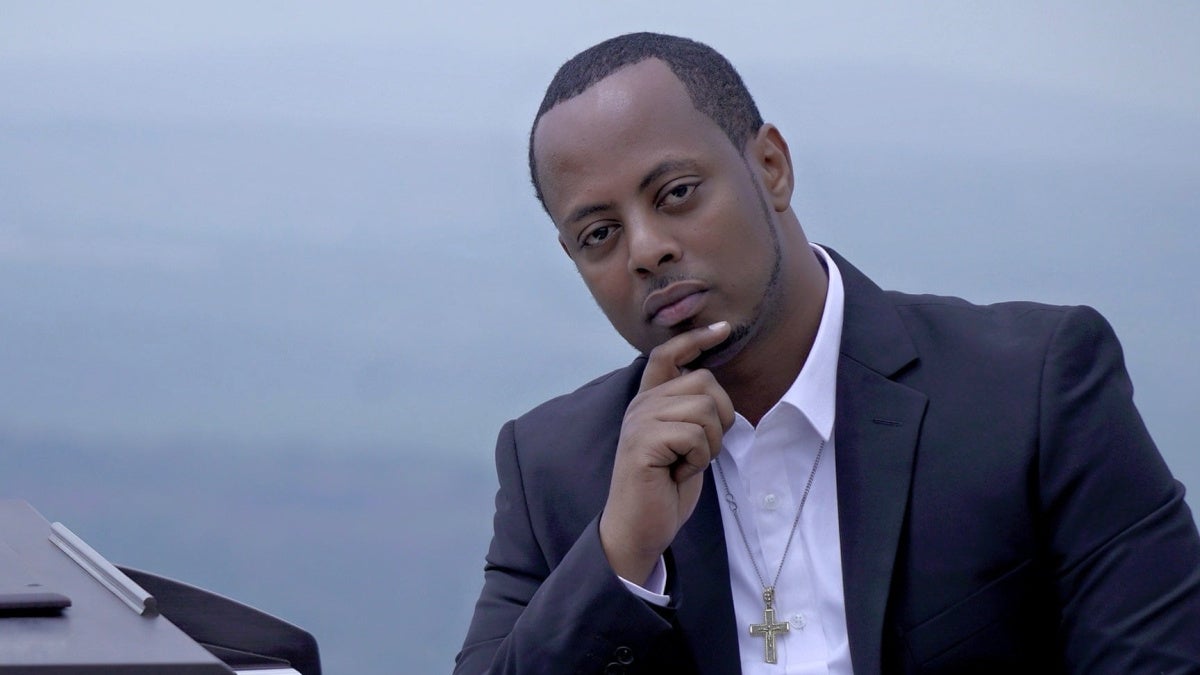Still No Answers 2 Years After Rwanda Singer Found Dead
On February 13, 2020, the popular Rwandan singer Kizito Mihigo was arrested and accused of attempting to cross illegally into Burundi.

Authorities said he was trying to join “terrorist groups” and was breaching the terms of his release from prison in 2018. Mihigo, a genocide survivor, first landed in trouble in 2014 after he released a song that expressed compassion not only for victims of the 1994 genocide, but for all who have died, “be it by genocide, war, slaughtered in revenge, vanished in an accident or by illness.” To many in Rwanda, the song was widely interpreted as a Tutsi-genocide survivor showing sympathy with Hutus killed by soldiers of the current ruling party, the Rwandan Patriotic Front (RPF). This challenged the official narrative that revenge killings by RPF soldiers were isolated cases dealt with internally. Four days after Mihigo’s arrest, on February 17, Rwanda National Police announced that he had been found dead in his police cell in Kigali in an alleged suicide. I knew Mihigo. We had met some years earlier, but our friendship started with his arbitrary detention in 2014 and his conviction in 2015 for crimes he had confessed to under duress. Contacts in prison put us in touch and we communicated regularly. When he was released in 2018, he told me he expected authorities would send him back to prison at any moment. Given the almost routine extrajudicial executions of political opponents inside and outside Rwanda, and the well-documented pattern of critics of the government either going missing or ending up dead under mysterious circumstances, Mihigo’s death raises lots of alarms.
The right to life under international human rights law holds governments responsible for deaths in custody, particularly in cases where the deceased was “a political opponent of the government or a human rights defender” or “committed suicide in unexplained circumstances.” Two years on, the authorities have yet to credibly investigate Mihigo’s death. Today we remember Kizito Mihigo and call on Rwanda’s partners to denounce this and other alleged atrocities. Given Rwanda’s history of unexplained deaths of political opponents and critics, we reiterate the need for an independent investigation, with the involvement of foreign experts, into Mihigo’s death.
Read the full article at the original website
References:
- https://www.hrw.org/africa/rwanda
- https://www.hrw.org/news/2020/02/20/rwanda-ensure-justice-over-kizito-mihigo-death
- https://www.youtube.com/watch?v=WcGC3eFuDAc
- https://www.hrw.org/news/2020/08/17/rwanda-6-months-no-justice-kizito-mihigo
- https://www.hrw.org/news/2021/02/17/interview-how-song-sealed-fate-rwandan-gospel-singer
- https://www.ohchr.org/Documents/Publications/MinnesotaProtocol.pdf
